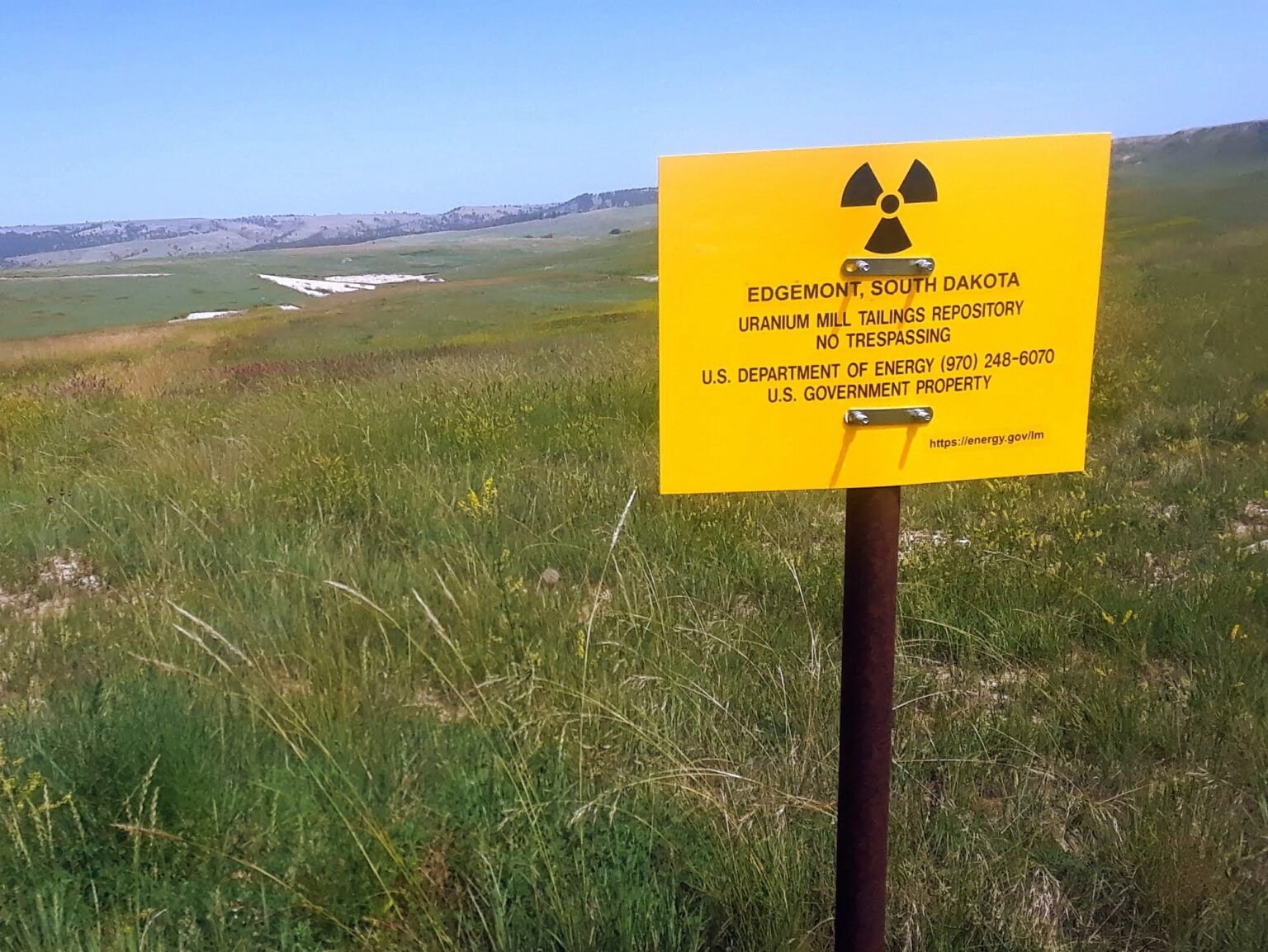
South Dakota Searchlight
A federal program to compensate Americans sickened by radiation from government activities during the Cold War — including at uranium mining and milling sites in South Dakota — expired Friday as advocates vowed to continue pushing Congress for action.
The United States conducted nearly 200 atmospheric nuclear weapons tests during the 1940s, ’50s and ’60s while supporting uranium mining and milling, all of which exposed people in some states to unhealthy levels of radiation. Uranium is the element used to produce the atomic fission in nuclear bombs.
Congress passed the Radiation Exposure Compensation Act in 1990 and expanded its scope in 2000. A fund created by the act has paid more than $2 billion to about 55,000 claimants diagnosed with diseases such as lung cancer, pulmonary fibrosis or silicosis after working or living in an area covered by the legislation.
As of last year, the fund had awarded 76 South Dakotans a total of $6.56 million. The state is included in the program because of the uranium mining and milling that occurred within its borders, most notably in the Edgemont area south of the Black Hills.
U.S. Rep. Dusty Johnson, R-South Dakota, signed a letter to House leadership last month urging a vote to reauthorize the fund.
“Congress must not forget those innocent people who were irradiated and permanently impacted — simply because of where they lived or how they tried to earn a living for their families,” the letter said.
House Delegate James Moylan, R-Guam, has introduced an amendment to the National Defense Authorization Act that would reauthorize the fund and expand eligibility to additional areas. The amendment is one of many that representatives are hoping to tack on to the defense spending bill as soon as next week.
“We will continue this fight until the job gets done,” Moylan said Wednesday in a news release.
The U.S. Senate voted in March to expand eligibility and extend the life of the radiation compensation fund, but the House has not acted on it. The Senate bill passed with support from Republican Mike Rounds of South Dakota but opposition from his fellow South Dakota Republican John Thune.
South Dakota Searchlight requests to the senators’ offices for comments on their votes have not been answered.
